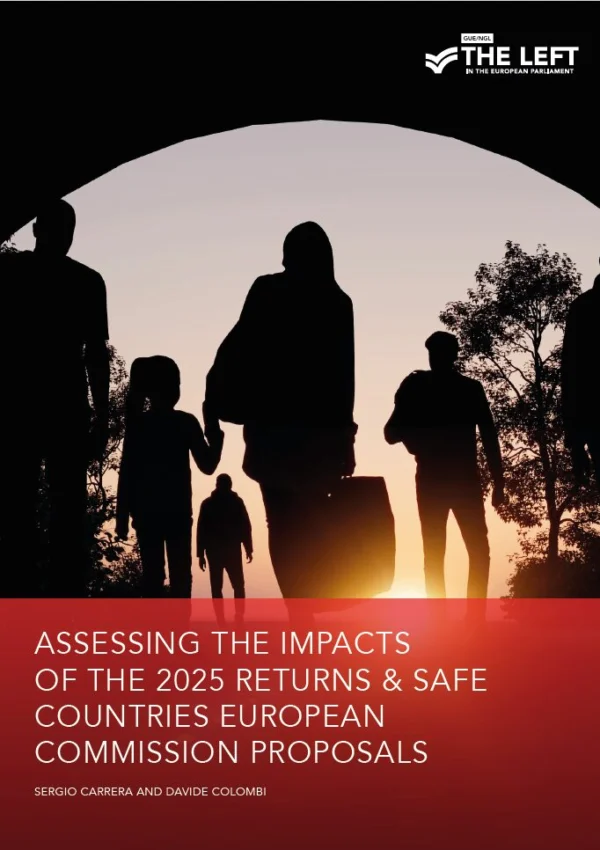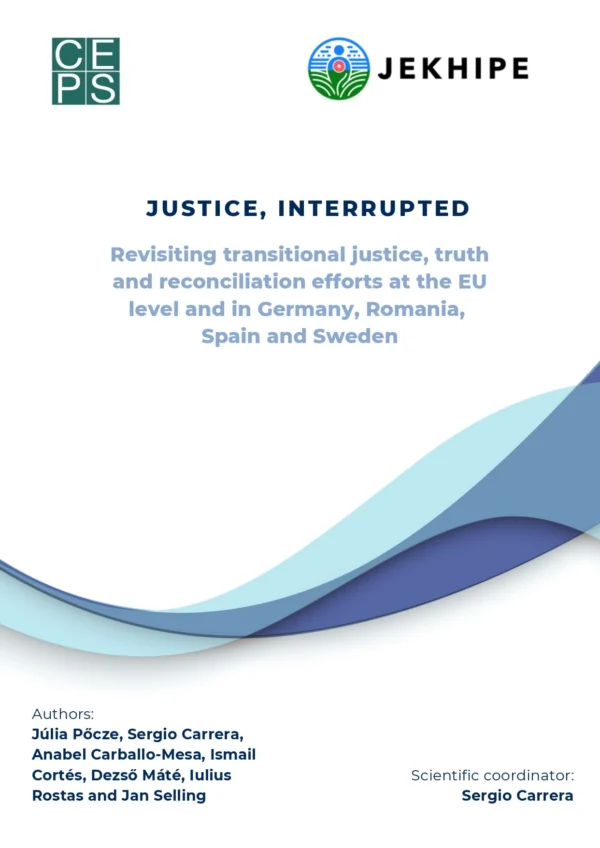In December 2008, the EU Council adopted the so-called ‘Returns Directive’ with the aim of devising common standards and procedures to be applied in Member States for returning illegally staying third-country nationals. Among its more controversial provisions are the exclusion of some irregular migrants from its scope, the possibility to detain a migrant for a period up to 18 months, the possibility of a re-entry ban into the EU for a period of 5 years and the chance to detain and return unaccompanied minors. These provisions, among others, have provoked much criticism from international organisations and from Latin American countries in particular, which are a major source of immigrants to the EU. This Policy Brief looks at the Returns Directive in light of its effect on the EU’s external relations, especially with Latin America, and scrutinises the way in which member states are implementing its provisions and recommends options to transpose it, taking into consideration the concerns expressed by Latin America.
Diego Acosta Arcarazo is a PhD researcher and visiting tutor at the Centre of European Law, King’s College London.








